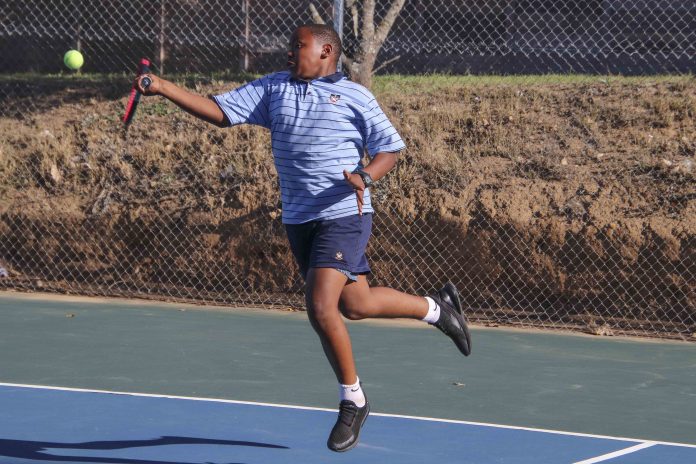Last week I stated that confidence can be brittle and fragile, and it needs to be intentionally and systematically rebuilt. Here are some steps that you can take to rebuild your confidence.
1.Share the weight of the burden:
It is exhausting living in your own head; and you need some trusted people that you can talk to.
2.Work on one aspect of your game:
How can I restore a measure of confidence?I discussed earlier in this series how confidence can be very task-specific. When we get into a bad space mentally, our whole game can crumble due to our state of mind. As you are rebuilding your confidence, select an aspect of your game and work on it. It can be overwhelming to focus on your entire game, so be selective. For example, as a batsman in cricket if the boundaries aren’t flowing, work on scoring singles and twos. In hockey or soccer, when on attack don’t try elaborate dribbling; just secure the ball and distribute it with a good pass as soon as possible. If you are a golfer either work on your short play or your driving. Trust that working on an aspect of your game will build a measure of confidence that will spill over into more of your game.
3.Compete in match/race conditions as much as possible:
Compete, especially in different competitions or a lower league. I was very inspired reading the autobiography of Steve Waugh, the Australian Cricket Captain. He was a formidable batsman, and having played 19 years for Australia, it is understandable that he would go through some slumps in form. When Steve Waugh’s confidence wasn’t robust enough to play international cricket, he would return to lower league Australian State Cricket and play at this level to regain his confidence.
4.Take responsibility for your confidence:
Confidence is a Skill
Jim Taylor says, “A misconception that many athletes have is that confidence is something that is inborn or that if you don’t have it at an early age, you will never have confidence. In reality, confidence is a skill, much like technical skills, that can be learned. Just like with any type of skill, confidence is developed through focus, effort, and repetition.”
Furthermore, Jim Taylor writes, “The problem is that you have the option to practice good or bad confidence skills. If you are very negative all of the time, you are practicing and ingraining those negative confidence skills, so when you compete, just like a bad technical habit, that negativity is what will come out and it will hurt your performance. In other words, you became highly skilled at something that actually hurts your sports performance.”
You can become skilled at being negative.
To change bad confidence skills, you can retrain yourself to think differently. You will have to practice good confidence skills regularly until the old negative habits have been broken, and you have learned and ingrained the new positive skills of confidence. One of the key ways to do this is through your self-talk. In the eBook Focus, I looked at affirmations; and how Neuroscience shows that we don’t need to be victims of existing ways of thinking. We can cut new pathways of thinking in our minds.
5 Start talking your way into a better space:
The goal is to repeatedly engage in positive-thinking practice and self-talk -so that a new mental habit of positive thinking becomes hardwired in your mind and replaces the negative thinking.






